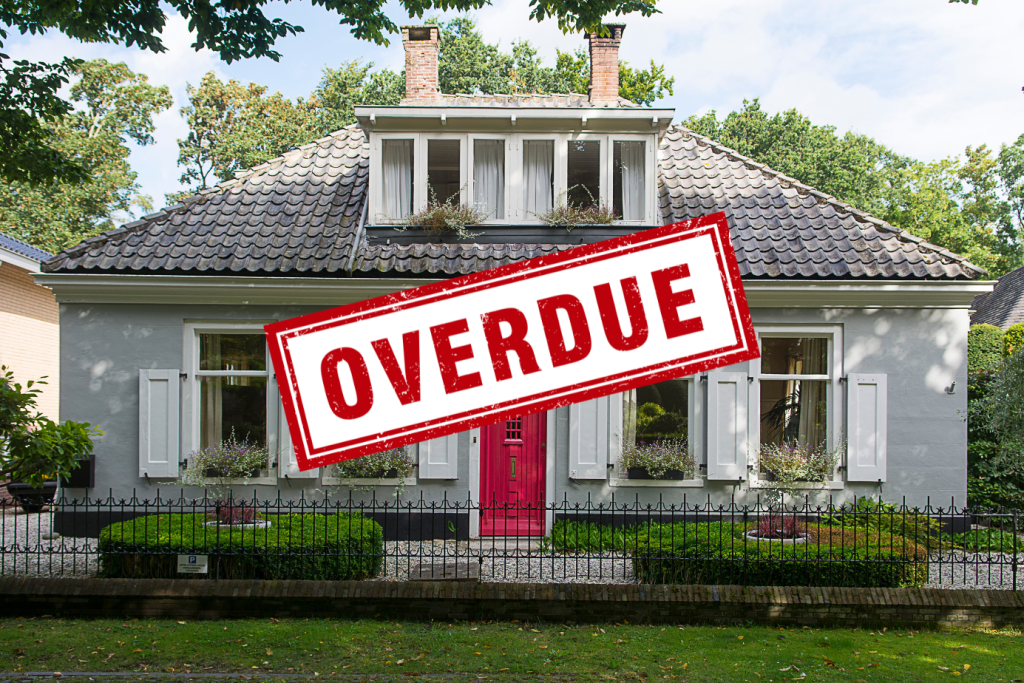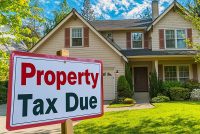Why Your Appraised Value Increased and What an Expert Can Do About It

Here’s what you need to know about your appraised value if it has increased:
- You can find your new appraised value on the Notice of Appraised Value sent by your county appraisal district (CAD) or by searching for your property on the CAD’s website.
- An increased appraisal value is often caused by broad market trends, flawed comparable sales, neighborhood improvements, or inaccurate data.
- Protesting a high appraisal is your legal right and can lead to significant annual savings on your property tax bill.
- Hiring a property tax expert, such as Gill, Denson & Company, saves you time and stress by handling the entire process on your behalf.
How to See Your New Appraised Value
Every spring, homeowners across Texas receive their Notice of Appraised Value. This official document from your local county appraisal district (CAD) contains the new valuation of your property, which will be used to calculate your annual property taxes. While it might come in the mail, you can also often find this information by searching for your property on the CAD’s website. Look for the “appraised value” or “market value” for the current year.
While these terms are sometimes used synonymously, this is an excellent explanation of the difference between them.
Why Your Appraised Value Increased
If you find your property value has increased now and you’re wondering why, you’re not alone. While a high appraisal might feel sudden or arbitrary, it’s most often the result of broad factors that you may or may not have control over. For example:
Market Trends and “Comps”: A hot seller’s market, with low inventory and high demand, pushes up sale prices across a neighborhood. Even if your home wasn’t sold, its value is benchmarked against those recent sales, considered “comps,” or comparable homes. However, these mass-appraised valuations may not account for your home’s unique features (or lack thereof). The CAD may also inaccurately apply a market multiplier score based on a few sales or limited data in your neighborhood, which ultimately impacts your property appraisal.
Neighborhood Improvements: Sometimes, the value of your property increases because of things you didn’t do. New infrastructure, a large commercial development, or an overall trend of home improvements in your area can drive up the average value, bringing yours along with it.
Inaccurate Information: A surprisingly common issue is simply bad data. The appraisal district uses mass appraisal methods, so it’s not unusual for them to have incorrect information about your property. This can include anything from the wrong number of bedrooms and bathrooms to an incorrect square footage or a pool that doesn’t actually exist.
Why You Should Care (and Take Action)
When you see a change in your appraisal notice, your next step is crucial. A higher appraised value directly leads to a higher property tax bill. Local tax rates, multiplied by your taxable value, determine your property taxes. So, an overvalued appraisal means you’ll pay more to every single taxing entity, from your school district to the city and county.
Every Texas homeowner has a legal right to challenge their property’s appraised value. Consider protesting the county’s assessment of your property to ensure you’re not overpaying due to a flawed appraisal. A successful reduction, even only a slight one, can save hundreds or even thousands of dollars on your tax bill. These savings are annual (assuming a legitimate increase doesn’t come later), adding up significantly over time.
The Protest Process and What an Expert Does for You
The good news is that you don’t have to accept an inflated appraised value. The property tax protest process gives you two main options to challenge your value: through an informal meeting with the CAD or a formal hearing with the appraisal review board (ARB). Either way, you’ll need to present evidence that proves your appraised value should be lower. Navigating this process on your own can be time-consuming, frustrating, and may not even lead to significant results.
That’s where an expert property tax consultant becomes invaluable. An expert is there to help with:
Evidence Gathering: As experts, we have access to professional databases and tools to find the most favorable comparable sales, often data you can’t easily find yourself. We also know how to properly adjust these to make them truly comparable to your home.
Building the Case: We build a customized, data-driven case and present it to the appraisal district on your behalf, maximizing your chances of a successful protest. Our years of experience across all 254 counties in Texas mean we know what works best in different scenarios.
Handling the Paperwork & Hearings: We’ll manage all the confusing deadlines, filing paperwork, and attend informal and formal hearings, saving you from a process that can be both time-consuming and stressful. There’s no need for you to worry about doing research, preparing documents, or waiting in line.
A higher appraised value is a common and frustrating reality, but it is not the final word. Understanding the factors that cause it and the option to protest allows you to take control of your property taxes. Challenging your appraisal is the most effective way to ensure you’re paying a fair amount.
Ready to start your property tax protest and secure your savings? Let our experts handle the heavy lifting for you. Contact Gill, Denson & Company today to get started on your protest and ensure you’re not overpaying on your home.









